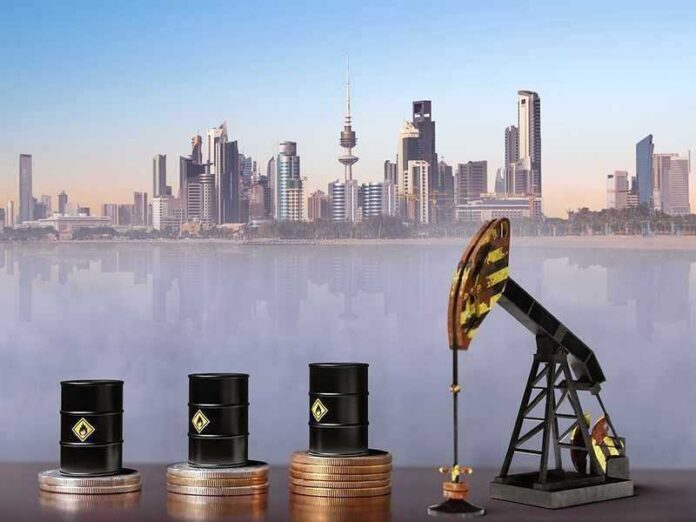S&P Global Ratings highlighted Kuwait’s frequent cabinet reshuffles and governmental changes, underscoring the challenge of implementing policies for advancing the development of the country’s oil and gas fields amidst a revolving door of ministerial appointments.
Christian Ulrichsen, a Middle East fellow at the Baker Institute, acknowledged the anticipated continuation of current energy policies in Kuwait, despite recognized challenges. Assistant Professor Badr Al-Saif from Kuwait University affirmed that the country, as OPEC’s fourth-largest oil producer with the seventh-largest reserves globally, will persist in its energy plan, with technocrats addressing organized differences.
S&P Global reported challenges in Kuwait’s quest to elevate crude oil production capacity before peak demand and the global net zero deadline in the mid-century. In October, Kuwait revised its crude production capacity goals, aiming for 4 million barrels per day by 2035 and 2 billion cubic feet per day of non-associated gas by 2040, sourced from domestic fields and the shared neutral zone with Saudi Arabia.
Despite a declared production capacity of 2.9 million barrels per day, constrained by OPEC+ cuts, actual production reached 2.55 million barrels per day in November. Kuwait faces hurdles such as political instability, insufficient foreign investments, and aging oil fields in realizing its expansion plans, as outlined by S&P Global.
Kamel Al-Harami, an independent oil analyst, expressed concern about the challenging state of the oil industry in Kuwait, emphasizing the need for a strong government with a clear vision.
S&P Global emphasized the imperative for substantial investments in Kuwait’s exploration and production sector, particularly as the Burgan oil field, the world’s second-largest, faces a natural decline. Operational challenges and political adjustments have hindered the development of the Neutral Zone, and a dispute with Iran over the Dorra offshore field adds complexity.
Highlighting the risk of falling behind in the energy transition, S&P Global noted that Kuwait, where oil contributes 90% to government revenues, did not support a decisive text for fossil fuel phase-out during UN COP28 talks. The country’s energy strategy includes technology development, carbon capture and storage, and goals for net greenhouse gas emissions by 2050.
While Kuwait Petroleum Corporation (KPC) outlined plans for green hydrogen, second-generation biofuels, renewables, and more, specific details and timelines remain undisclosed. Al-Harami emphasized the urgency of developing green hydrogen and carbon capture for Kuwait’s energy future.

















